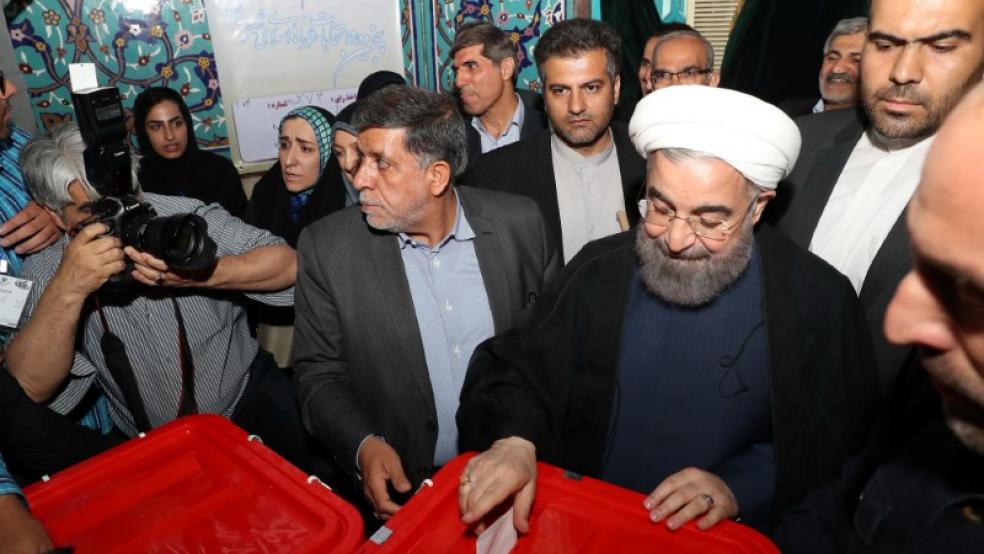NEW YORK (Reuters) - The speaker of Iran's parliament on Thursday predicted that the debate among Iranian lawmakers on the nuclear agreement between Tehran and major powers will likely be more dramatic than in the U.S. Congress, where Republicans have sought to kill the deal.
Earlier on Thursday Iran's Supreme Leader Ayatollah Ali Khamenei said he favored a parliamentary vote on the nuclear deal while calling for sanctions against Tehran to be lifted completely rather than suspended.President Hassan Rouhani, a pragmatist whose 2013 election paved the way to a diplomatic thaw with the West and the July 14 nuclear deal, and his allies have opposed a parliamentary vote.Ali Larijani, a former nuclear negotiator for Iran who is currently the speaker of the Majlis, Iran's parliament, told reporters in New York that an Iranian parliamentary debate and vote on the nuclear deal was a constitutional necessity."I think maybe the drama in my country will be bigger than that of yours," he said. "There is one thing that I'm sure of and it is that there will be heated discussions and debates in the Iranian parliament as well, because there are people who are opposed to the agreement, and they have different voices."U.S. President Barack Obama scored a major foreign policy victory on Wednesday by securing enough Senate votes to protect the Iran nuclear deal in Congress. But Republicans pledged to keep up their fight against the pact with new sanctions on Tehran.Larijani, in New York for a U.N. gathering of parliamentary speakers, said a committee had been established in the Majlis to assess the deal. A senior Iranian lawmaker, speaking on condition of anonymity, told reporters the committee would reach a decision within weeks, with a parliamentary vote in around a month.Larijani said he personally considered the agreement good. But he cautioned that there was some stiff opposition to the deal, under which sanctions on Iran will be lifted in exchange for at least a decade of curbs on Tehran's nuclear program. Among the aspects of the nuclear agreement that Iranian lawmakers dislike, he said, is the so-called snapback, under which U.N. sanctions can be reinstated in the event of alleged violations of the terms of the agreement.Larijani said the U.S. acted as a "bully" in the Vienna talks, though Iran achieved much. It succeeded in affirming its right to enrich uranium and won significant sanctions relief.Iran denies allegations it has sought atomic weapons. (Reporting by Louis Charbonneau; Editing by Dan Grebler)Iran parliament debate on nuclear deal will be heated: speaker

HANDOUT



